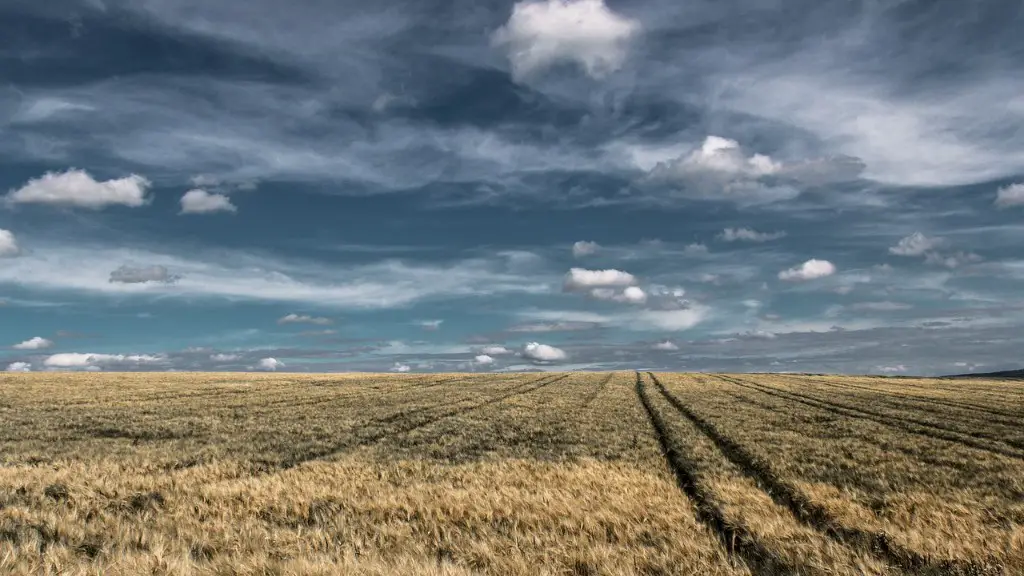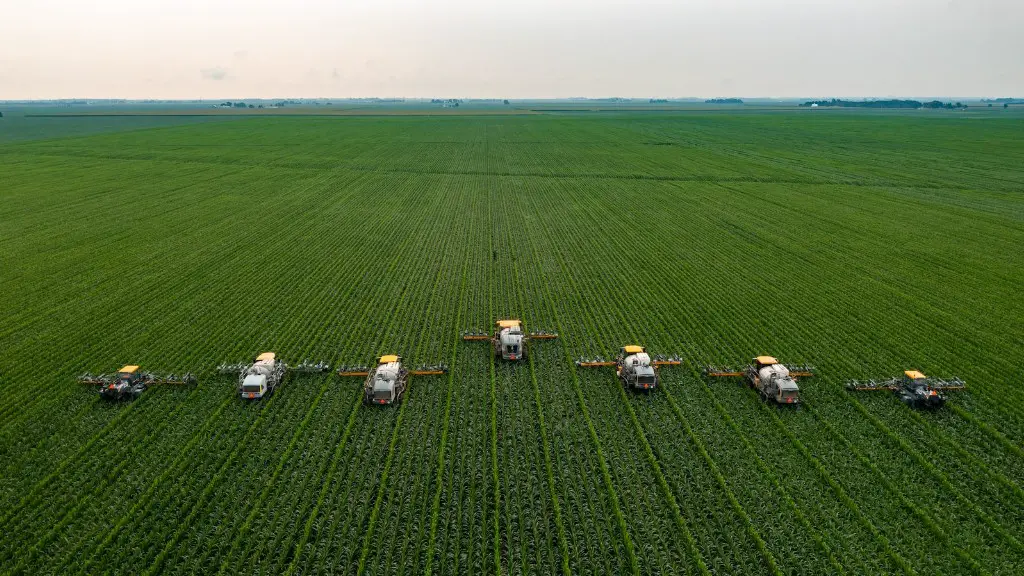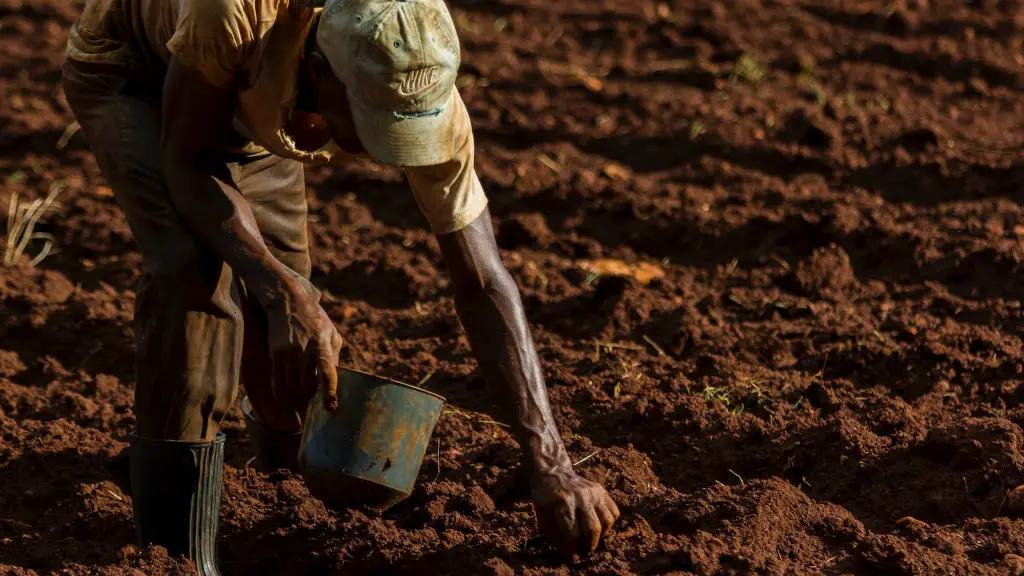Sustainable agriculture is an agricultural practice that considers the effects of farming on the environment, the welfare of animals and people, and the economic viability of producing food. It is considered a holistic approach to agriculture, enriching the soil and other natural resources while alleviating poverty and providing nutritious food to communities. Sustainable agriculture aims to maintain a functional balance between natural and human systems, enabling farmers and their communities to achieve sustainability. Sustainable agriculture is centered around several key principles, including soil health, conservation, water management, ecosystem management, and resilience.
Principles of Sustainable Agriculture
The core principles of sustainable agriculture involve managing the resources of an agricultural system, both on a short-term and long-term basis. There are six primary principles that address resource management and conservation: soil health, conservation, water management, ecosystem management, resilience and sustainability. These principles address the environmental, economic, and social impacts of a farming system, with a focus on maintaining a healthy and sustainable system that is capable of producing nutrient-rich foods while considering the environment, wildlife, and local markets.
Environmental Impact
The environmental impact of sustainable agriculture is greatly reduced compared to traditional farming practices. Sustainable agriculture focuses on preserving soil health, conserving water and energy, reducing pollution, and making use of best practices such as crop rotation, field boundaries, and mulching. By restoring soil fertility, avoiding monocultures, and using fewer chemicals, sustainable farming reduces the agricultural impact on the environment and reduces the risk of soil degradation. Sustainable farming also conserves species and habitats, and reduces the agricultural industry’s carbon footprint.
Economic Benefits
Proponents of sustainable agriculture argue that this approach to farming yields both short- and long-term economic benefits. These include limiting the overall cost of production, preserving the efficiency of fertilizer applications, reducing losses due to soil erosion and degradation, and allowing the use of low-cost farming practices adapted to local conditions. Significantly, sustainable agriculture emphasizes the need for diversified agricultural production and economic activities, which help farmers become more resilient to changes in the price of agricultural produce and market conditions.
Social Benefits
The social benefits of sustainable agriculture are vast. This approach to farming emphasizes equitable access to resources, local autonomy and community development, and the promotion of safe and secure environment. Sustainable agriculture seeks to build prosperous and resilient communities and protect the rights of farmers by utilizing traditional knowledge and local crop varieties, promoting access to secure and safe nutrition, and preserving biodiversity.
Sustainable Practices
Integral to sustainable agriculture is the use of key practices that promote healthy production, improve water conservation and efficiency, reduce environmental degradation, and maintain the health of soil and wildlife. These practices include crop rotation, the use of organic fertilizers, the application of conservation tillage, the use of cover crops, agroforestry, efficient irrigation, water harvesting, and the promotion of biodiversity and animal husbandry.
Local Contexts
Sustainable agriculture is also an adaptive approach that considers local contexts and communities. Each farming system is unique and must be analyzed in terms of the available resources and needs of the local community. Sustainable agriculture does not assume that a ‘one-size-fits-all’ approach should be taken, and instead focuses on customizing agricultural practices to local contexts. This includes considering the availability of resources, local markets and labor, farming technologies, and the ability of farmers to access education and training programs.
Promoting Sustainable Agriculture
Promoting sustainable agriculture is critical for food security, environmental protection, and the welfare of farmers and their communities. Governments, civil society, and private sector actors should promote awareness and understanding of sustainable agriculture, and identify ways to support farmers to transition to a more sustainable farming system. This may include providing economic incentives and subsidies, opening access to markets and financial capital, advocating policy reforms, and organizing educational initiatives and extension services.
Learning to Farm Sustainably
Learning how to farm sustainably is key for farmers globally. Education and training must be provided to ensure that farmers understand and appreciate sustainable agricultural techniques and principles. Innovative ways of sharing knowledge such as online courses, webinars that bring together experts from different countries and contexts, and the leveraging of mobile technologies can help farmers to develop new skills and increase their knowledge and capacity.
Measuring Sustainability
Measuring sustainability is an essential part of the transition to a more sustainable agriculture. Developing indicators and tools to measure the impacts, successes, and failures of agricultural projects and systems is key for stakeholders who are seeking to support sustainable farming. This can also help governments and other actors to devise strategies and programs to reach sustainable development goals and promote food security, as well as provide valuable data for communities involved in local and global initiatives.
Communication & Engagement
Communication between stakeholders and the people and communities on the ground is essential to creating an understanding and appreciation of sustainable agriculture practices. In addition to developing educational initiatives and creating awareness, stakeholders should ensure they are investing in making sure that all community members, including women and youth, are involved in and benefit from these efforts. Engaging a variety of people and creating a welcoming space where local voices can be heard is critical to creating an effective, sustainable food system.
Policy Reforms
Policy reforms must be put in place in order for sustainable agriculture to succeed. Governments must recognize the importance of sustainable practices, provide resources and address the structural inequalities that prevent rural communities from transitioning to sustainable agricultural systems. Such policies should focus on incentivizing sustainable practices, investing in targeted education and training initiatives, as well as providing access to markets and financial capital for small-scale farmers.



